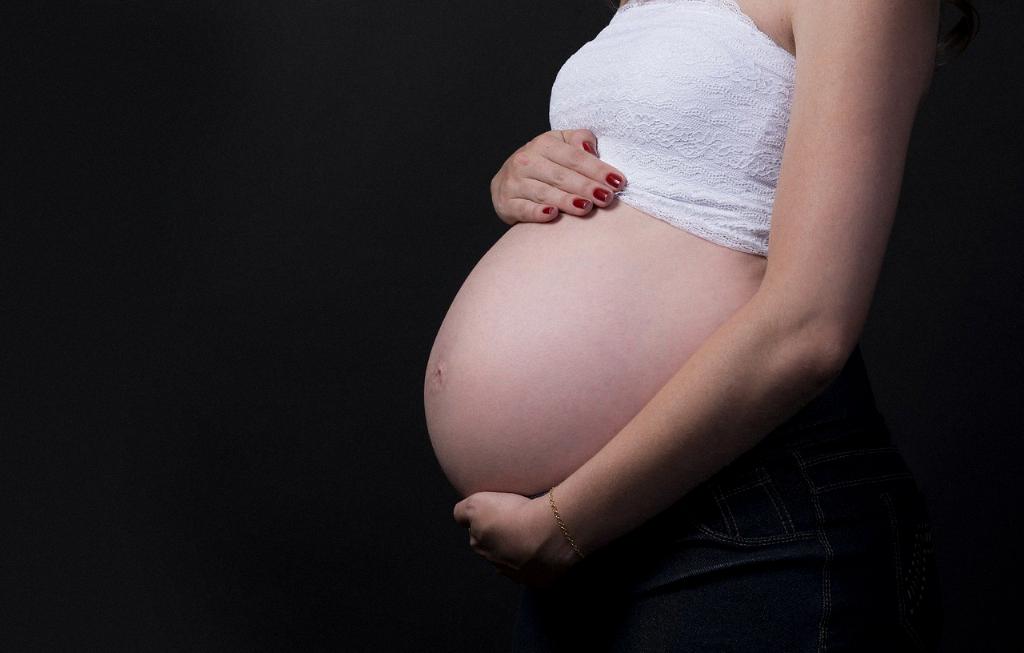When it comes to the topic of early pregnancy tests, it’s essential to understand how these tests function within the context of a woman’s reproductive cycle. Pregnancy tests work by detecting the presence of a hormone called human chorionic gonadotropin (HCG) in urine or blood, which is only produced once a fertilized egg implants in the uterus.
The Importance of Timing
Timing is critical when considering whether to take an early pregnancy test. Testing too soon can lead to inaccurate results because the levels of HCG may not yet be detectable in the body. It generally takes about 7-10 days after conception for HCG to be present in high enough levels to be detected by a pregnancy test.
Risks of Early Testing
One of the primary risks of taking an early pregnancy test is the potential for receiving a false negative result. This can occur if the test is taken too soon after conception, leading to a lack of detectable HCG levels. This can be emotionally challenging for individuals hoping to conceive.
Emotional Considerations
It’s important to consider the emotional impact of taking an early pregnancy test. Receiving a negative result too soon can lead to disappointment and frustration, which may be avoided by waiting until the appropriate time to test.
Factors to Consider
When deciding whether to take an early pregnancy test, individuals should consider factors such as the regularity of their menstrual cycles, their likelihood of conception, and their emotional readiness to receive potentially sensitive information.
Guidelines for Testing
Experts generally recommend waiting until after a missed period to take a pregnancy test for the most accurate results. However, some early detection tests claim to be able to detect pregnancy before a missed period, although results may vary.
Testing Accuracy
While early pregnancy tests are marketed as capable of detecting pregnancy before a missed period, the accuracy of these tests can vary. Factors such as the sensitivity of the test and the timing of ovulation can impact the reliability of the results.
Consulting a Healthcare Provider
If you’re unsure about when to take a pregnancy test or have concerns about the accuracy of the results, it’s advisable to consult with a healthcare provider. They can offer guidance on the best timing for testing and provide support throughout the process.
Managing Expectations
Managing expectations when it comes to early pregnancy testing is essential. While the desire to know whether you’re pregnant may be strong, it’s crucial to approach testing with a balanced perspective and prepare for potential outcomes.
Seeking Support
Whether you receive a positive or negative result on an early pregnancy test, it’s vital to seek support from loved ones or healthcare professionals. The emotional impact of pregnancy testing can be significant, and having a support system in place can help navigate the experience.
Final Thoughts
Ultimately, whether or not to take an early pregnancy test is a personal decision that should be made with careful consideration. Understanding the factors that can influence testing accuracy and the emotional implications of early results can help individuals decide on the best course of action for their unique situation.
Conclusion
While the temptation to take an early pregnancy test may be strong, it’s important to weigh the risks and benefits of testing too soon. By considering timing, emotional readiness, and testing accuracy, individuals can make an informed decision about when to take a pregnancy test and how to interpret the results.

